Kim Jong Un Sends Message of Solidarity to Putin: A Hope for Victory in 2025
North Korean leader Kim Jong Un has extended his support to Russian President Vladimir Putin, expressing hope that 2025 will be a year of great victory for the Russian army and people, particularly in their efforts to defeat what he described as “neo-Nazism.” This statement, issued in late December 2024, comes amidst ongoing geopolitical tensions surrounding Russia’s military operations in Ukraine and the global response to Russia’s actions.
Kim Jong Un’s message of solidarity is part of a broader pattern of growing ties between North Korea and Russia. Both countries have historically shared a complex relationship, shaped by their common interest in challenging U.S. influence in global affairs, as well as their desire to defy Western-led sanctions and institutions. Kim’s public statement underscores the deepening political and ideological alignment between the two nations, even as they continue to face increasing isolation from much of the international community.
A Message of Support Amidst Geopolitical Tensions
Kim Jong Un’s congratulatory message to Putin is not just a ceremonial gesture but a clear indication of North Korea’s ongoing support for Russia in its military conflict with Ukraine. The North Korean leader has repeatedly endorsed Russia’s actions in Ukraine, framing them as a fight against “neo-Nazism,” a term the Kremlin has used to justify its invasion. This rhetoric echoes Russia’s own narrative that the war is a necessary operation to rid Ukraine of fascist influences and protect ethnic Russians in eastern Ukraine.
By framing the conflict in such terms, Kim is signaling his alignment with Russia’s broader ideological and military goals. North Korea has long positioned itself as an adversary to Western liberalism, viewing both the United States and European nations as existential threats to its sovereignty. The North Korean regime has consistently portrayed the West, and particularly the U.S., as forces of imperialism and neo-imperialism that seek to control global power dynamics. This rhetoric is closely aligned with Putin’s own narrative, in which Russia is portrayed as a defender of traditional values and an adversary of Western-led globalism.
Kim’s statement that he hopes for a “great victory” in 2025 reflects the ongoing military and strategic support North Korea has provided to Russia. Reports have suggested that Pyongyang has supplied Russia with weapons and munitions to aid its war effort in Ukraine, further deepening the military cooperation between the two countries.
The Ideological Bonds Between North Korea and Russia
Kim Jong Un’s endorsement of Putin’s fight against “neo-Nazism” should be understood in the context of the ideological kinship between North Korea and Russia. Both countries are authoritarian regimes with a deep mistrust of the Western liberal order and its influence in global politics. Russia, under Putin, has framed its military campaign in Ukraine as a stand against the alleged rise of neo-Nazism in Ukraine, despite international evidence showing that the overwhelming majority of Ukrainians oppose extremist ideologies. For Kim, supporting this narrative offers an opportunity to align North Korea with a powerful nation that shares similar adversarial positions against the U.S. and its allies.
Kim’s message to Putin comes at a time when both leaders are facing pressure from the West. For Kim, his solidarity with Russia is a way to bolster his own position, showing that North Korea is not isolated in its opposition to U.S.-led global initiatives. By offering his support, Kim is seeking to reinforce his alliance with Russia and, by extension, with other countries that are opposed to Western influence, such as China and Iran.
In this context, Kim’s praise for the Russian people and army is likely a way to express North Korea’s commitment to the partnership. North Korea has repeatedly expressed its interest in strengthening military and economic ties with Russia, particularly as it seeks to evade U.N. sanctions and bolster its own defense capabilities.
Russia’s Narrative on “Neo-Nazism” and Its Global Implications
The use of the term “neo-Nazism” by Russia and Kim Jong Un is not new, but it remains controversial. Russian officials, including Putin himself, have regularly invoked the threat of neo-Nazi ideology as a justification for the war in Ukraine. However, independent investigations and reports from international bodies have found no significant evidence of a widespread neo-Nazi movement within Ukraine’s political or military establishment. Instead, the term is widely understood as a rhetorical tool designed to garner domestic and international support for Russia’s actions by framing the conflict as a battle against a dangerous ideological enemy.
For Kim Jong Un, endorsing this narrative helps reinforce his own portrayal of the West as the primary source of global instability. North Korea has consistently maintained that its nuclear weapons program and its isolationist policies are justified by the need to protect itself from U.S. aggression and interference. By supporting Russia’s rhetoric on neo-Nazism, Kim aligns North Korea with Russia in its broader opposition to Western values and power structures.
This rhetoric also serves to strengthen the relationship between Russia and North Korea by providing a shared ideological framework. Both countries have used the concept of “neo-imperialism” to describe the actions of the U.S. and NATO, presenting themselves as defenders of national sovereignty and cultural identity against the pressures of a globalized, Western-dominated world.
Military and Economic Cooperation Between North Korea and Russia
The growing relationship between Russia and North Korea is not only ideological but also military and economic. North Korea has long been one of the world’s most isolated states, subject to extensive international sanctions. Russia, while also facing sanctions from the West, has become an increasingly important partner for North Korea in its pursuit of military and economic assistance. The two countries have reportedly engaged in arms deals, with North Korea supplying artillery shells, rockets, and other munitions to Russia, while Russia provides technical and military support to North Korea.
The military cooperation between the two nations comes at a time when both are looking to bolster their defense capabilities amid growing pressure from the international community. North Korea has faced escalating sanctions due to its nuclear weapons program, and its relationship with Russia provides a critical avenue for the regime to gain access to military technologies, equipment, and expertise that it might not otherwise be able to acquire due to global isolation.
In return, Russia benefits from North Korea’s weapons supplies, particularly as it continues to wage war in Ukraine. The flow of arms from North Korea is believed to be critical for Russia’s efforts to sustain its military campaign, especially as it faces supply shortages and increasing battlefield losses.
What Does This Mean for Global Diplomacy?
Kim Jong Un’s message to Putin underscores the growing geopolitical alignment between North Korea and Russia, with both countries increasingly finding common ground in their opposition to U.S.-led global institutions and policies. This shift in alliances could have significant consequences for the broader international community, particularly as tensions between Russia and the West continue to escalate.
The deepening ties between Russia and North Korea present a challenge for global diplomacy, particularly for countries like the U.S. and its European allies, who are already engaged in a tense standoff with both Russia and North Korea. The alliance between these two countries may lead to further militarization in the region and complicate efforts to address ongoing issues such as nuclear proliferation, regional security, and the stability of international trade routes.
As both leaders look ahead to 2025, Kim Jong Un’s message of support for Russia’s military efforts against “neo-Nazism” signals the continued strengthening of this partnership, with global implications for both security and diplomacy. The international community will need to closely monitor the evolving relationship between North Korea and Russia, as it may play a pivotal role in shaping the geopolitical landscape in the years to come.
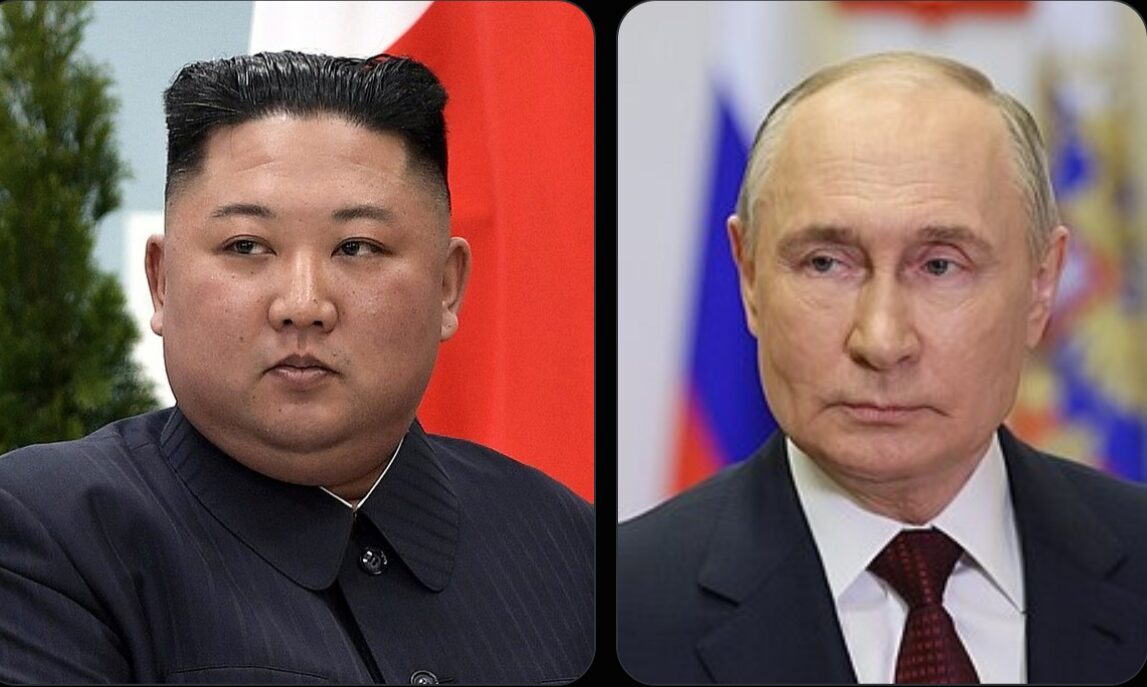
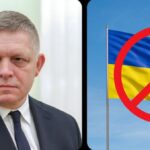
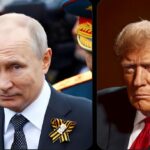
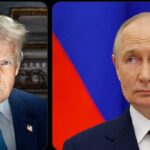
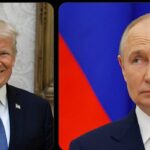
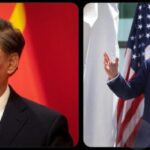
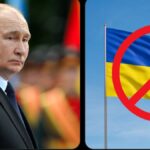
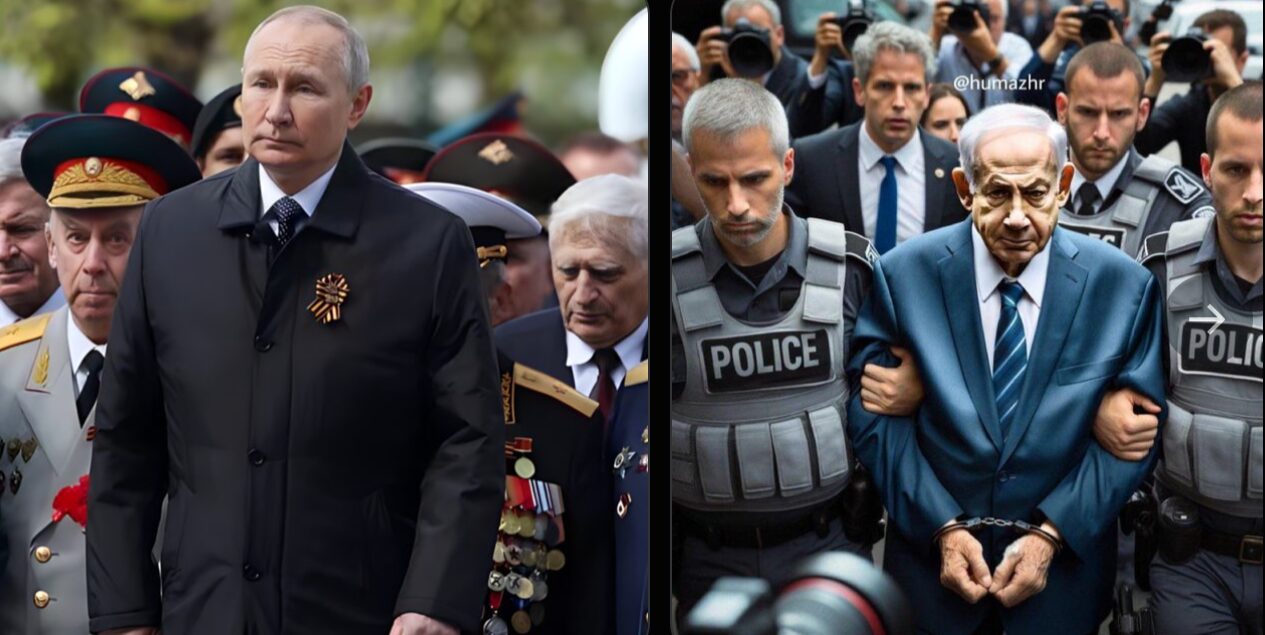
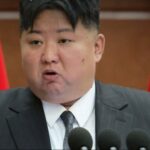








Post Comment